As an illness, COVID-19 is daunting, but it is manageable. We have the tools, technology, and experience to deal with the symptoms. We understand how to treat and manage sick patients, and we are rapidly learning and adapting to the new medical challenges associated with COVID-19. Our current situation is not a capability challenge; it is a capacity challenge.
What is not working out so well is our ‘system’ to support that need for capacity. Modern businesses—and healthcare is absolutely a business first in today’s world—have evolved to be as lean as possible to control costs. That means using just-in-time strategies to minimize the number of resources that are not actively in use. A friend who is a corporate officer for a regional hospital system told me that:
“…capacity costs money. If there aren’t patients in the beds or using the equipment (read as ventilators), then that costs us more money to make and keep them ready for use. We gambled that if we needed surge, the Government would step in and provide it – why should we pay for it?”
That just-in-time approach works to manage day-to-day operations where things are relatively predictable. We can plan for seasonal influenza. We can prepare for the annual summer increase in traumatic injuries, and we can even plan for a surge in the number of medical mistakes every July when newly made residents start their rotations.
Just-in-time does not, however, work for a pandemic.
We are now in an environment where predictability goes out the window. Demand for critical care resources has gone from 4 cases a day to 400 in less than a week, and we are collectively operating in a react/respond mode. In some places, we are desperately trying to prevent the total collapse of the local healthcare system, and if we fail, we face the potential for a cascading progression of other failures as our systems struggle to cope with the stress.
Acknowledging that point, public health and preparedness experts have predicted this crisis for years. This means we could have been significantly more prepared. Decades of neglect and ambivalence have resulted in dry-rotted masks, broken ventilators, and localities that are so dependent on Federal support that they cannot get out of their own way.
So, where am I going with this? I recently read a story titled The US doesn’t just need to flatten the curve. It needs to “raise the line.” BLUF: while controlling infection rates and flattening the curve, effectively managing demand for healthcare services, are essential parts of mitigating the consequences of COVID-19 crisis, we need to increase our healthcare capacity and address the crisis from both sides of the equation. While I don’t agree with all of the points raised in the article, they do a pretty good job of scoping the problem and laying out some initial ideas on how to address it.
The majority of ongoing COVID-19 response operations are focused on immediate efforts to raise the line. For example:
- Medical Reserve Corps have been activated, bringing retired and re-professioned healthcare providers back into an active role.
- The Strategic National Stockpile has been deployed (and depleted) in an attempt to provide supplies and equipment to the areas hardest hit by the virus.
- The Defense Production Act of 1950 has been brought into play to re-direct our manufacturing infrastructure and increase the production of the equipment and supplies that are needed.
- Military units and resources have been activated and deployed to support response operations across the nation.
- There are groups of healthcare providers traveling across the country to back up their peers in the areas that are the hardest hit.
- Volunteers are manufacturing personal protective equipment (PPE) and coming up with creative ways to extend the value of ventilators and other pieces of critical care equipment.
All of these things contribute toward raising the line. We’re having to work much harder to accomplish that because we collectively decided that there were better things to spend our resources on besides being ready for a disaster.
Quantifying crisis readiness—and a lack-there-of
I prefer to think of readiness in terms of lives saved, and disruptions mitigated. I have learned that most people don’t look at the challenge that way, but everybody seems to understand dollars and cents. A United Nations study published in 2017 looked at quantifying the return on investment from emergency preparedness programs. They found that across the UN Disaster Relief portfolio, for every US$ 1.00 invested in preparedness, the average savings-to-investment ratio was US$1.40. The researchers excluded several high-value outliers in their analysis. Inclusion of the outliers brings the ratio to US$2.60 saved for every US$ 1.00 invested. There was also a mean gain in response time of 14 days. A 260% savings in the cost of a disaster, and a two-week reduction in how long it took for effective response operations to be in place.
We are just beginning to realize the scope and scale of the consequences associated with COVID-19. I have no idea what the impact of decreasing our national response time to this crisis by 14 days could have been, but I’m willing to guess it would have been a significant decrease in the number of people who have died.
The economic impact of the COVID-19 crisis is going to be measured in the trillions, if not hundreds of trillions of dollars. What would the savings from actually being prepared have looked like?
Was the decision not to invest in pandemic readiness worth it? And now that we’re here, are experiencing the consequences and are aware, what will your choices look like moving forward?

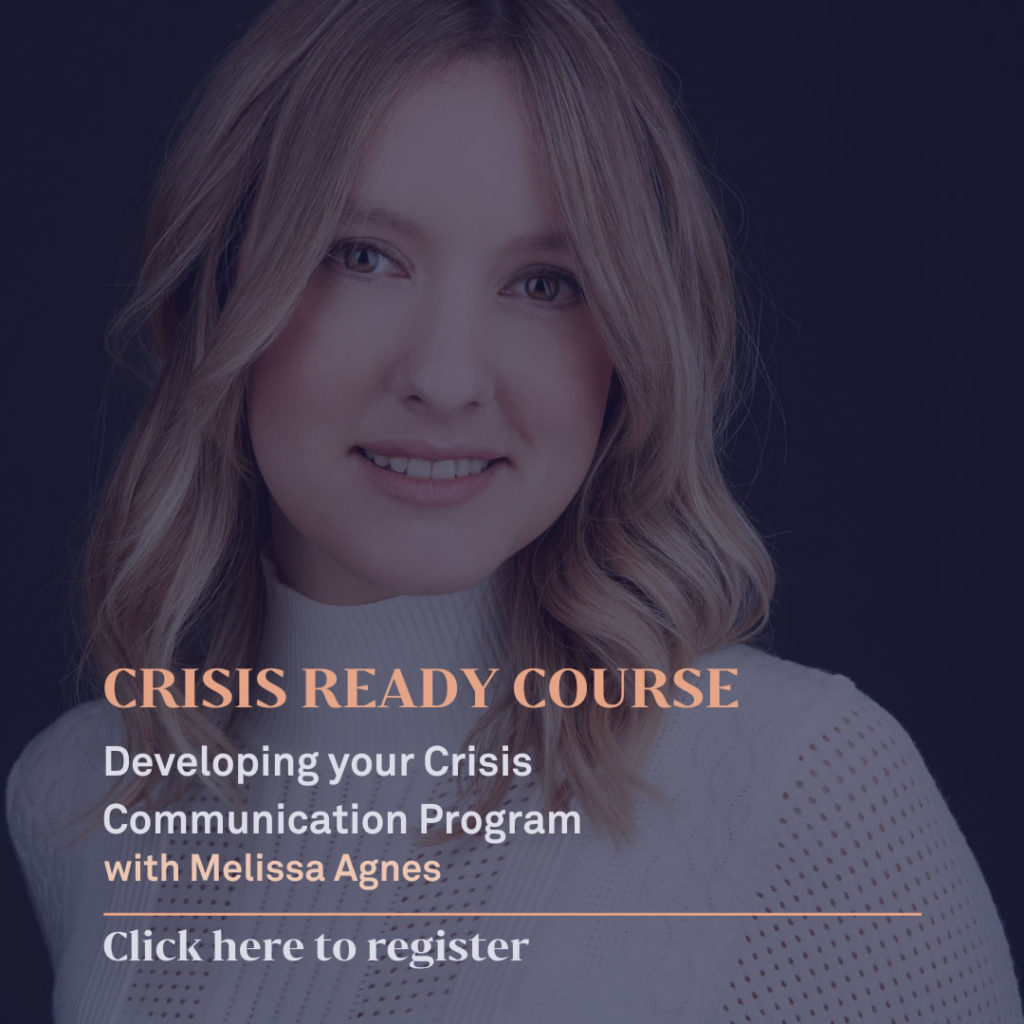
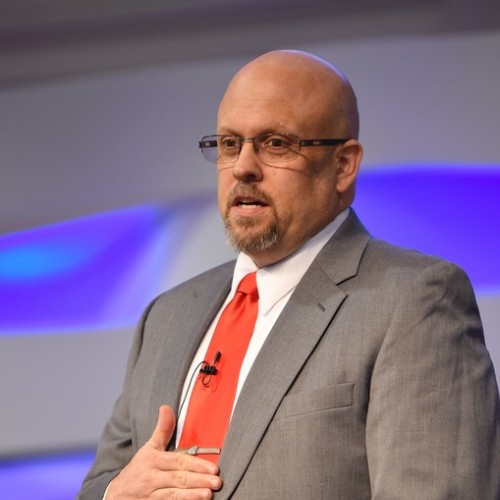

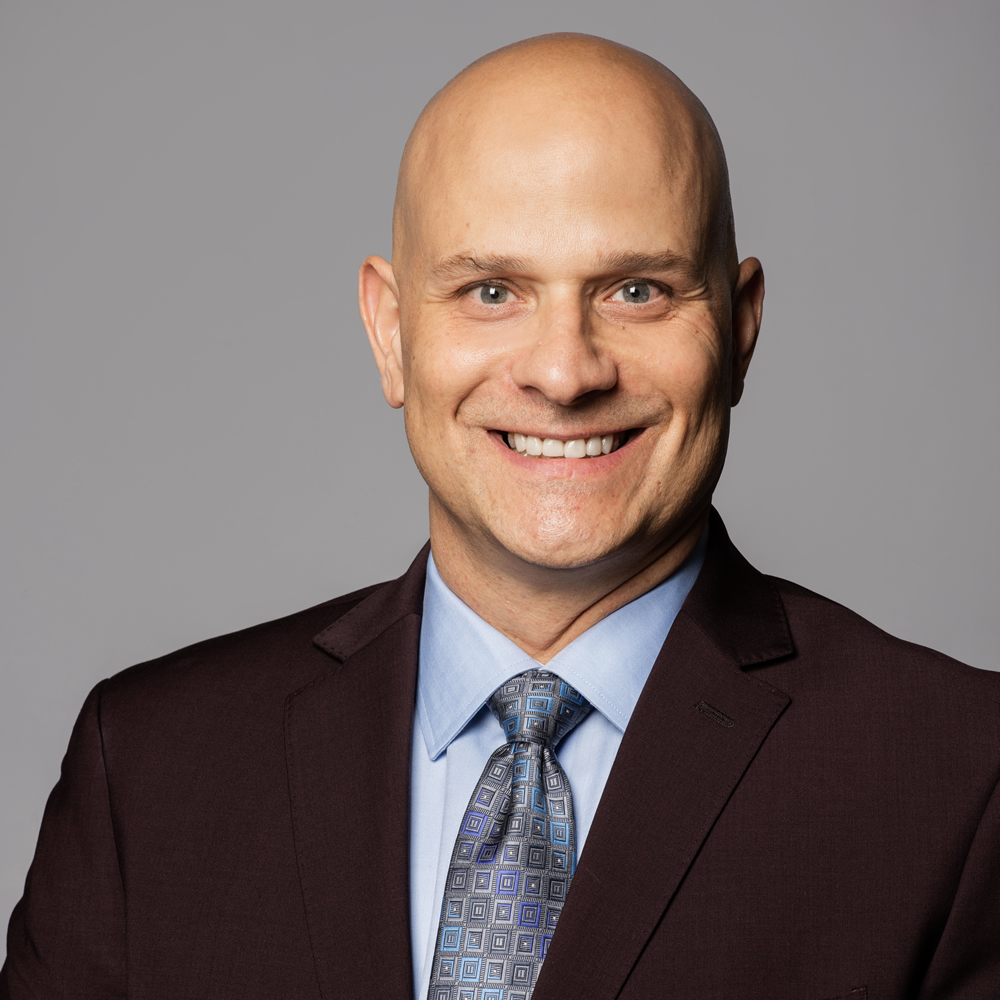
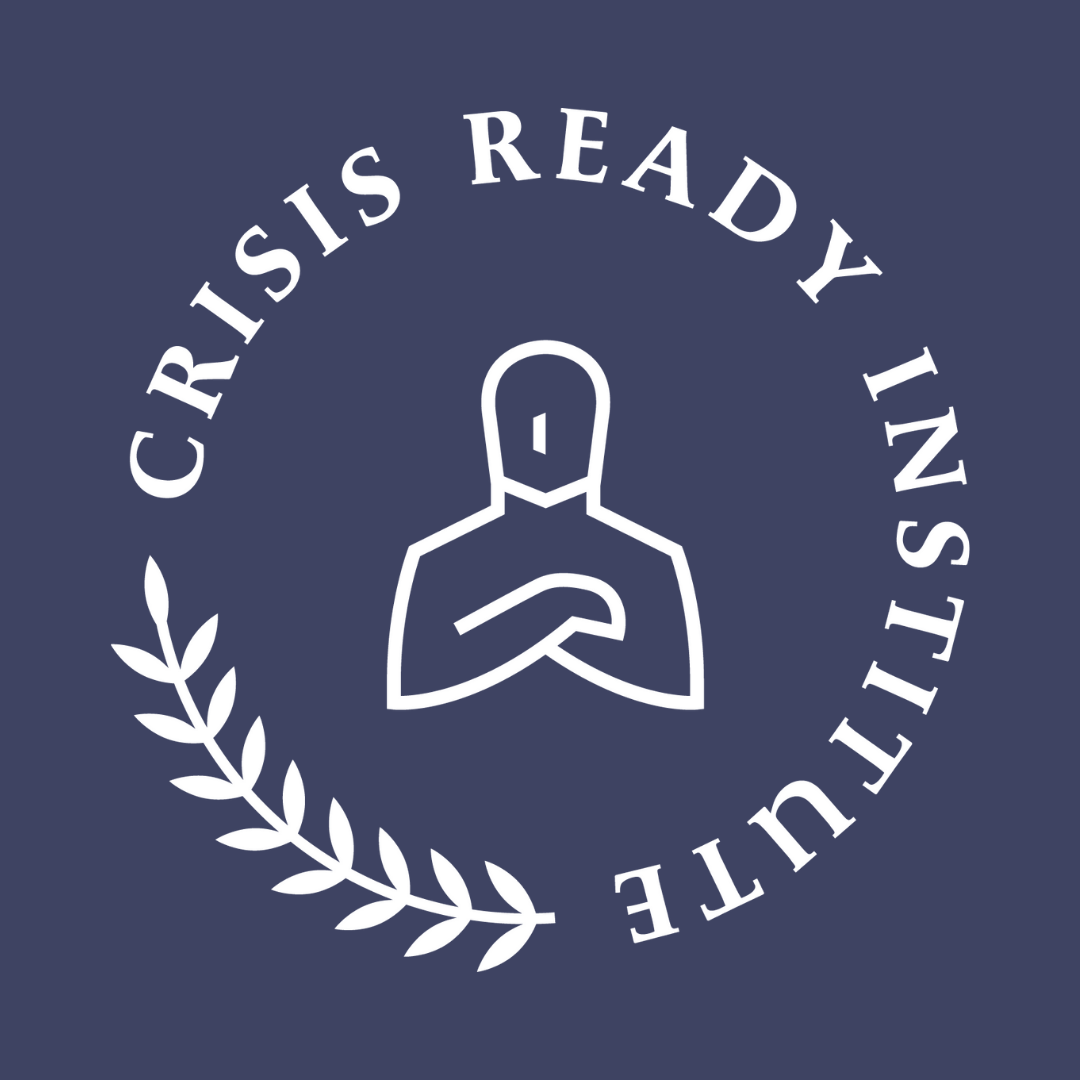
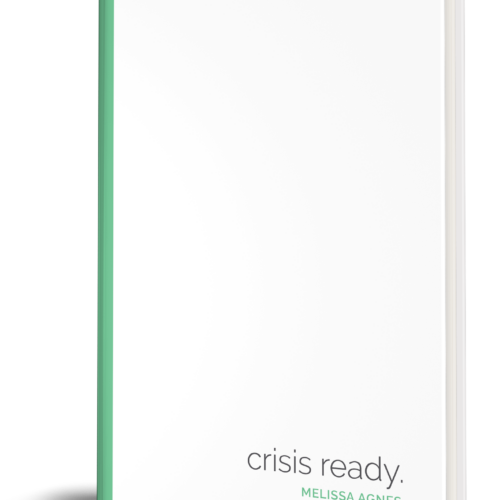
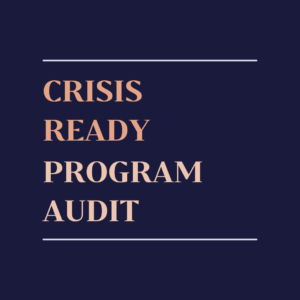


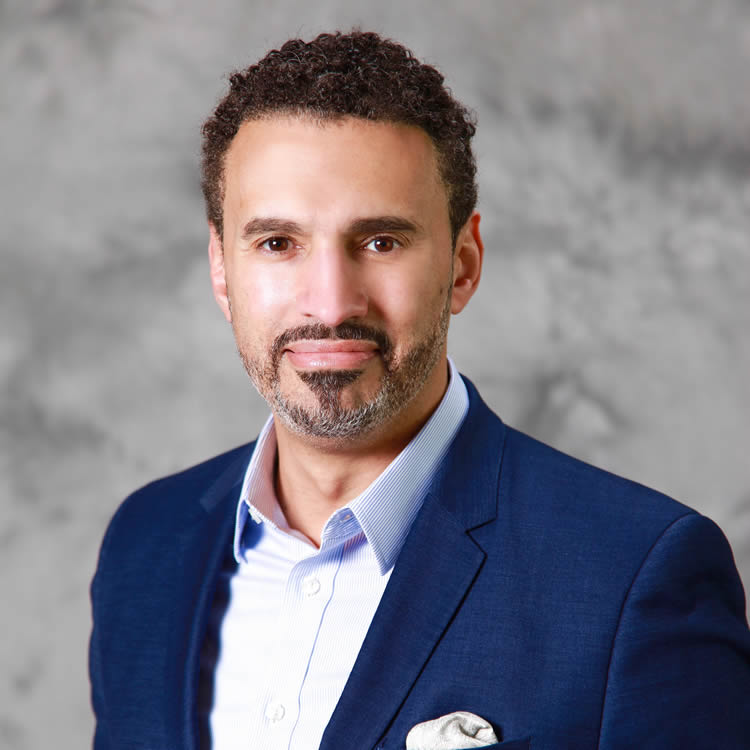
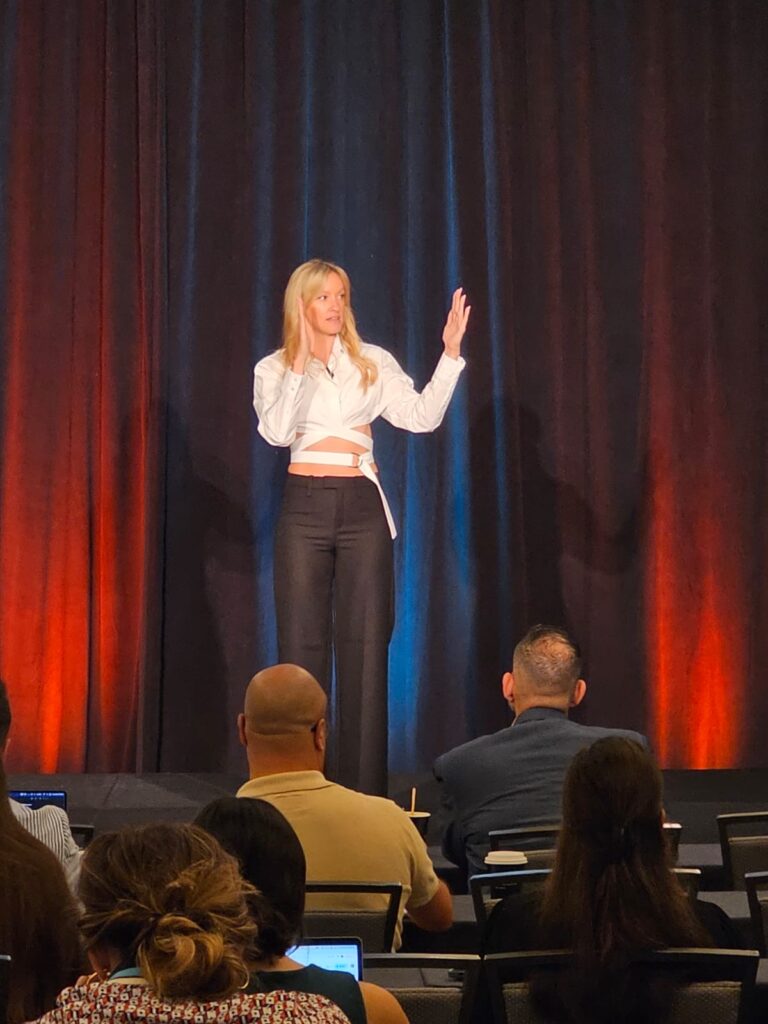
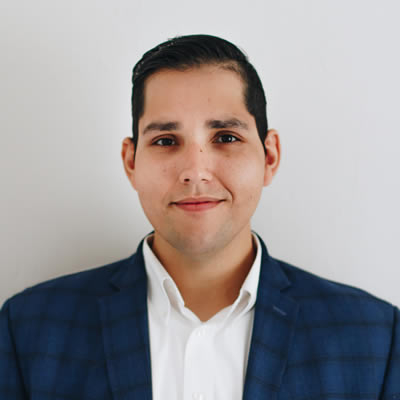
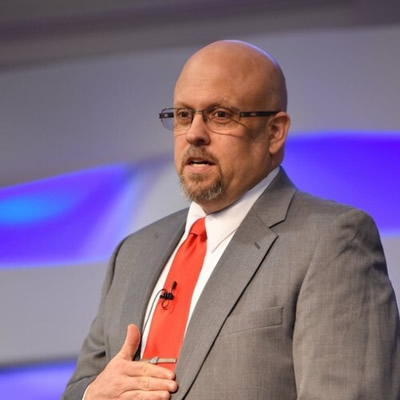
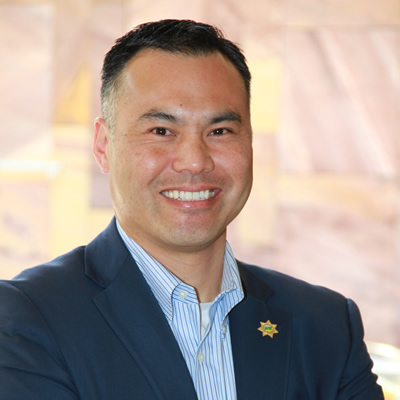
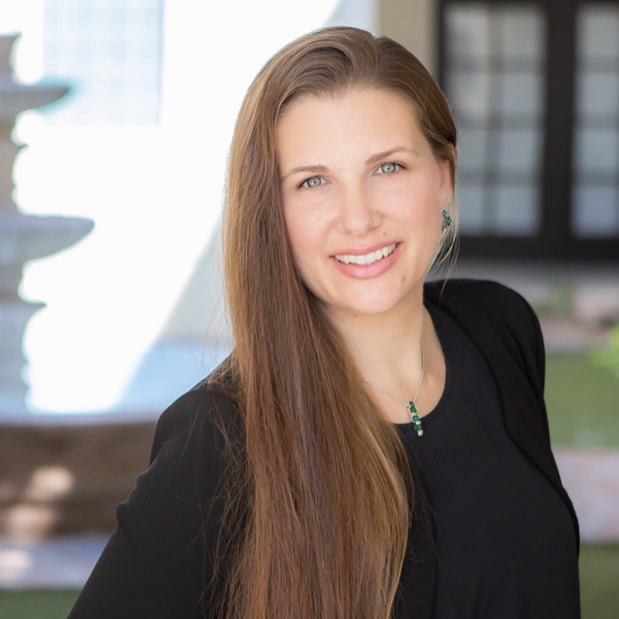
3 Responses
Aaron,
Very interesting essay. I would like to hear your thoughts on two observations:
1. Historically, organizations are motivated to address shortcomings immediately after a crisis but, over time, interest wanes and resources are shifted, allowing the initial shortcomings to resurface. Do you see or hear anything that leads you to believe the COVID-19 post-response world will be different?
2. Your piece looked at a national approach. Some experts have said the pandemic shows that – at least in the US – state and local governments are better prepared for these types of crisis than the federal government. What are your thoughts on the federal vs. state/local angle, and not just for pandemics but in the wider crisis spectrum?
Thanks again for the interesting article.
Brett,
Thank you for taking the time to read and comment on my essay. I’ll try to address your questions in turn.
1. Unfortunately I do not see any indication that we, as a society, are going to break our pattern of past behavior. I hope that there will be communities where lessons are learned and not lost, but our collective attention span is too short, and our efforts to manage the current crisis have been too effective for people to truly change.
I am afraid that we will see a frenzy of finger pointing and legislation intended to “fix problems” with little to no long-term or structural changes. The political gamesmanship by all parties that is already being plaid out is only making me more pessimistic on this point. I hope that I am wrong, but I get paid to be paranoid so that tends to color my world view.
2. I think that the state and local governments are hit-or-miss in terms of their preparedness. I very strongly feel that the responsibility for preparedness begins at the local level, and that each additional level of government should come into play as the lower levels are overwhelmed. My personal experience working with state, local, tribal, and territorial governments has left me disappointed and jaded.
What I have seen, in the majority of jurisdictions that I have interacted with, is a nested series of governments that have collectively abdicated their responsibility and expect FEMA to come in with massive capability and capacity supported by a bottomless checkbook to pay for everything. It is the same approach that my friend described in my initial essay – maintaining resources costs money that we want to spend other places. The Government ( big “G”) will come in and save us if something really goes wrong.
I have found a few exceptions to that characterization – mostly at the local, and in one case the tribal level – where elected and appointed officials are taking their responsibility to prepare their jurisdictions seriously, and are making the prerequisite investments of time, effort, and money to do so. All of those cases were driven by an economic development requirement. The local government was focused on attracting large corporations to build manufacturing or distribution infrastructure in their locality. Having a robust system in place to support the corporate business continuity and continuity of operations concerns was a selection requirement that paid additional returns in terms of overall preparedness for the community.
Overall – across all levels of government – I don’t think anything is going to truly change until we can successfully communicate the value of something bad not happening. I think that will be easier to accomplish at the local level, because there is more direct interaction between government and the community. With every additional layer of government you add more complexity (and more politics) that will confound the understanding of the value of preparedness.
I hope that I addressed your questions, and I’m interested in your point of view.
-A
Aaron,
Thanks for the follow up! Sadly, I agree with you on a failure to embrace lessons learned. Too many examples to list here, but governments and organizations around the world have shown an inability to adjust based on lessons learned, even when a great loss of life is involved. That makes it all the more important for those in Crisis and Risk Management to lead and advocate as effectively as possible.
You touched on communication and I think that’s a key component we’re lacking at the moment. It runs the gamut from pre-crisis communication on what organizations (both public and private) will and won’t / can and cannot do, to communicating during the crisis on strategy, plans, and response activities. From international institutions down to local city councils, it seems like coherent, relevant, and useful messages are missing. Of course, in some cases the message is there but it’s not what people want to hear.
Last thought – in addition to communication, quality exercises that bring federal, state, and local entities together are needed. Hopefully that delineates lines of authority and also creates some rapport between agencies. Prior to the 1989 Loma Prieta earthquake an exercise of that type was held in San Francisco. When an earthquake actually hit six weeks later the responders cited the exercise as critical to improving their capabilities. That type of cooperation would help all of us more than the acrimonious back and forth we’re seeing now.
Thanks again for your input!